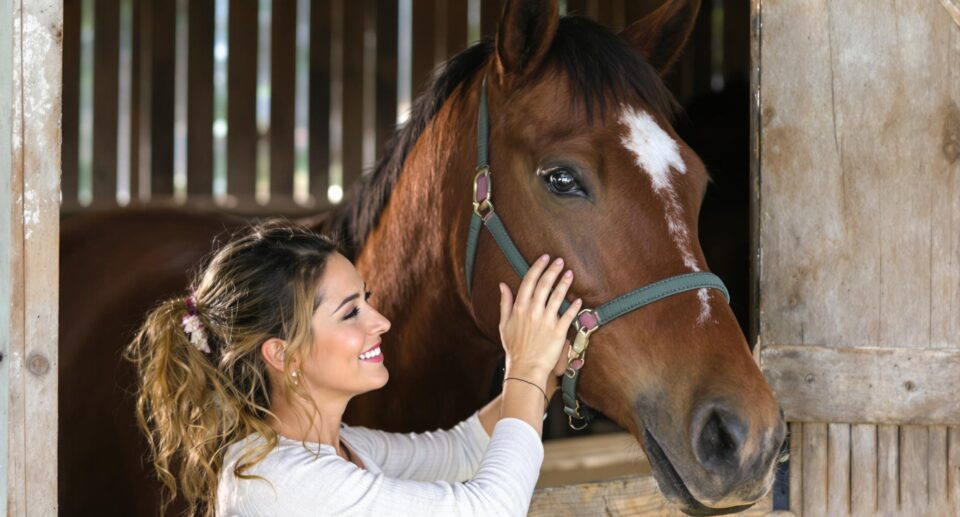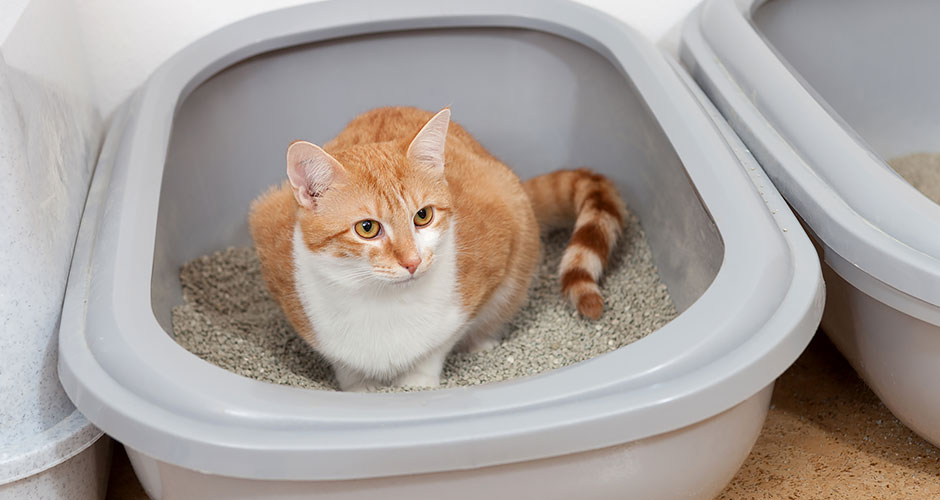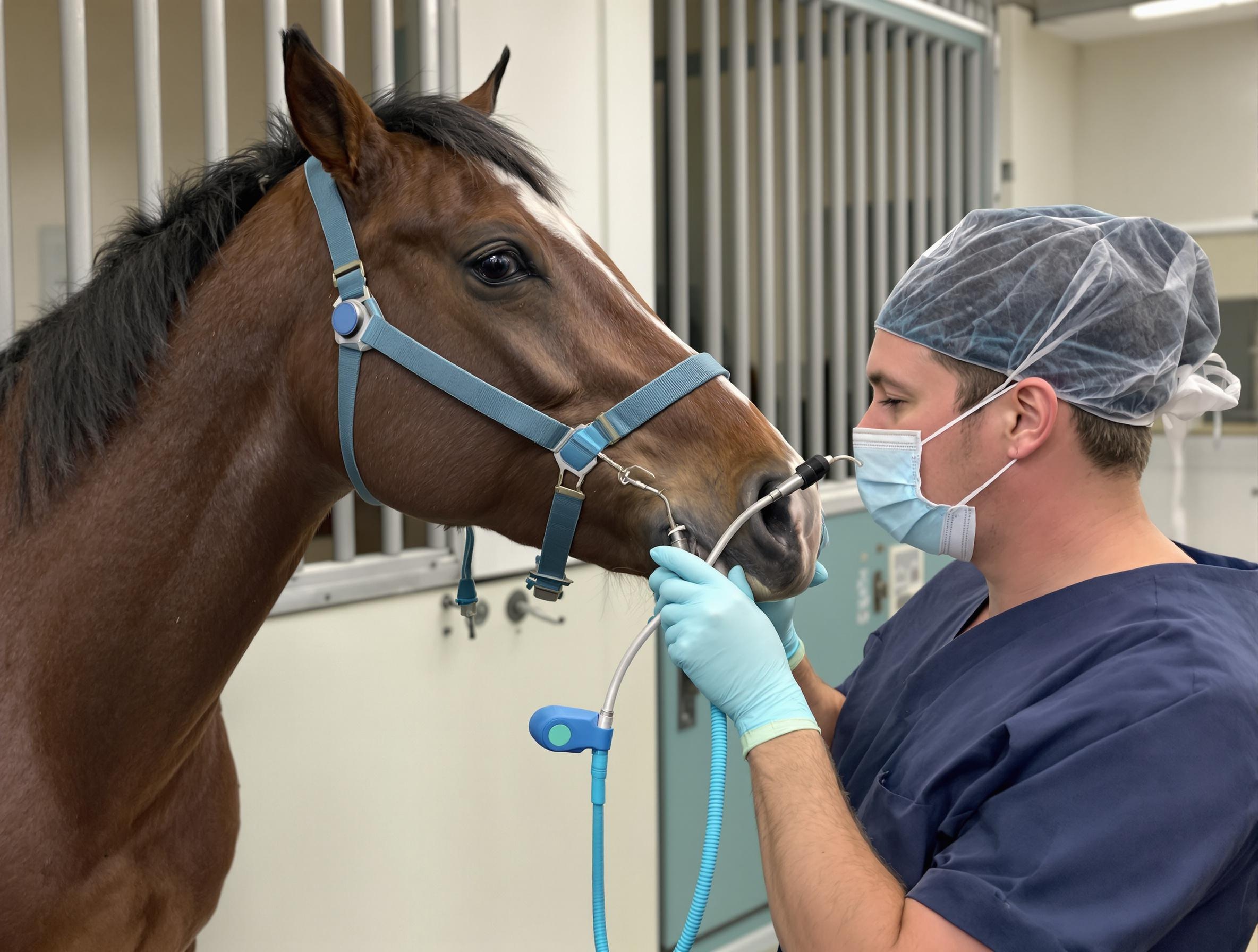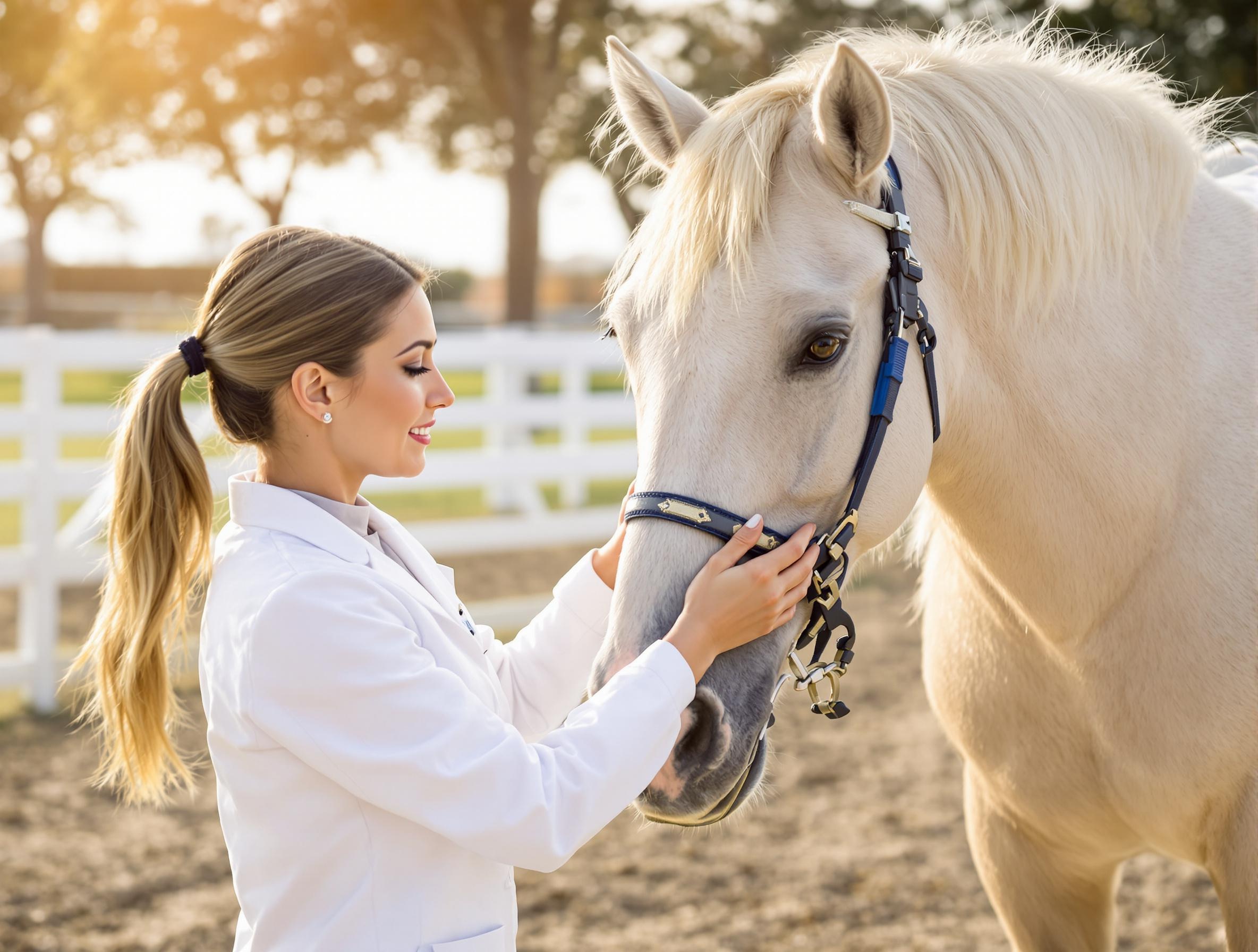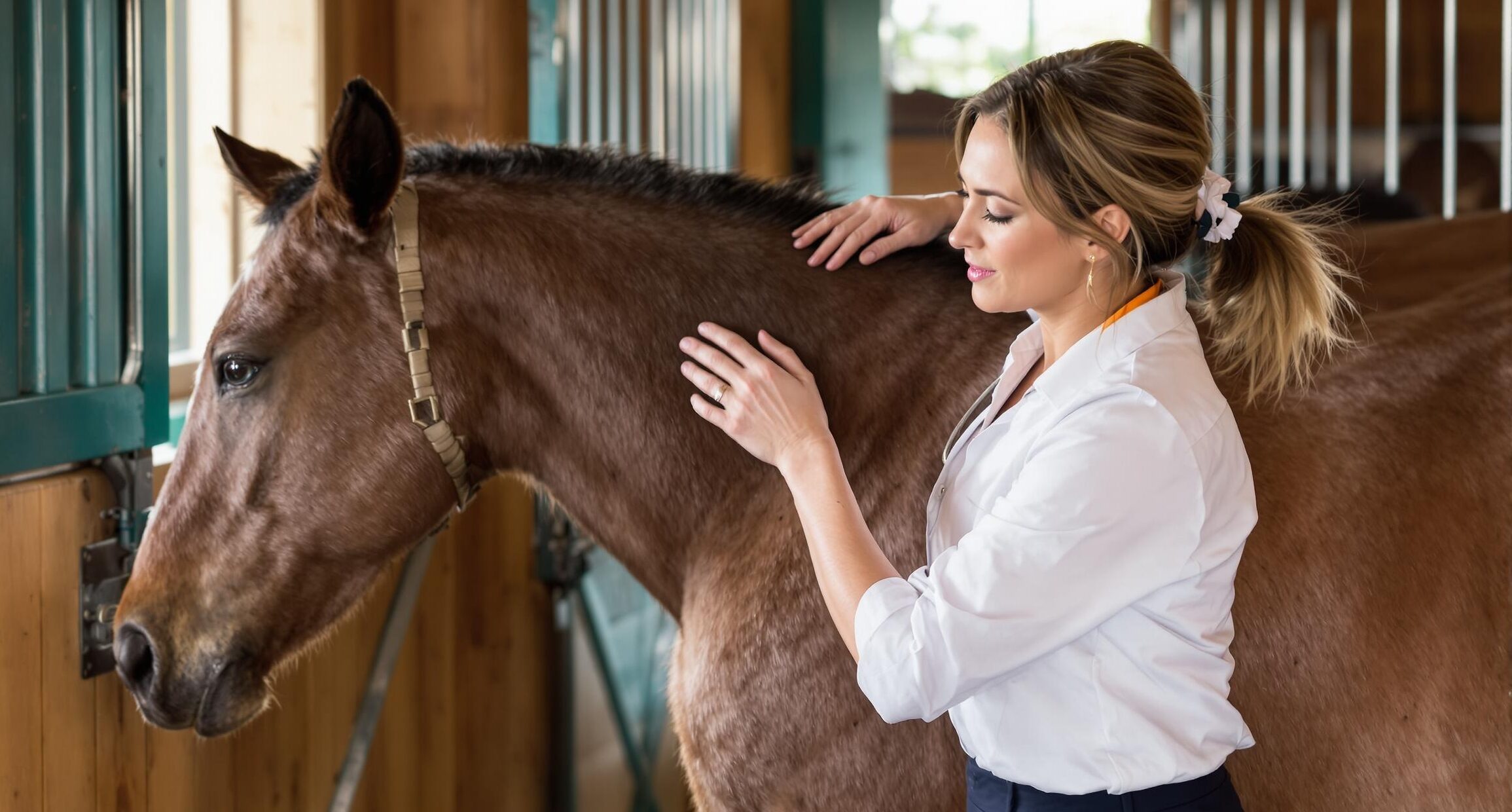Treating Your Horse’s Skin Problems
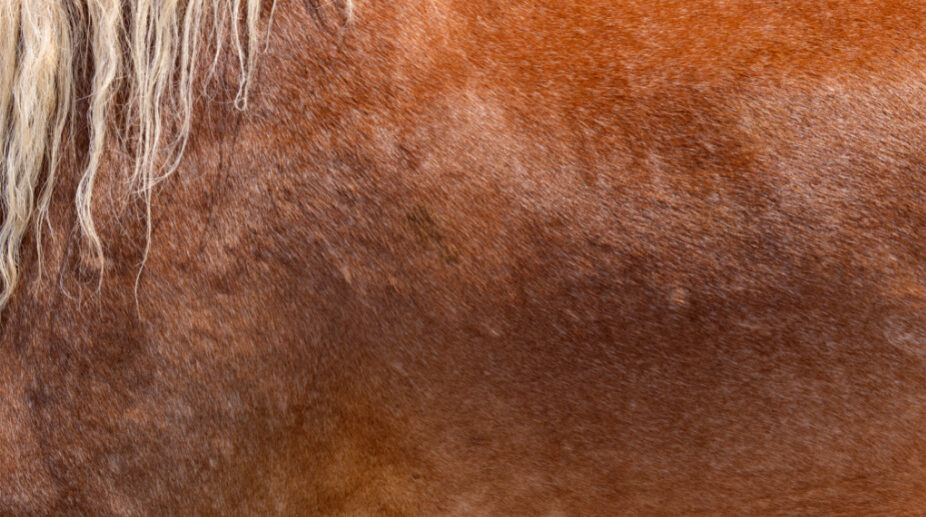
Have you noticed patches of dry, flaky skin on your horse where hair has fallen out? This could be the result of too much moisture, which can cause rain rot, skin lesions, and bacterial infections on your horse. Skin diseases can also spread from other infected animals, flies, or grooming equipment. Moving your horse to a drier environment and using an anti-fungal shampoo or natural supplement should eliminate this problem. However, if you notice excessive redness, blisters, oozing, or swelling on your horse’s skin, or if your horse shows signs of pain when you touch the affected area, you should speak with your veterinarian immediately to have the problem diagnosed and possibly treated with antibiotics.
Wash your horse with medicated shampoo
Keeping your horse in a dry environment or indoors at night helps prevent bacterial infections such as rain rot. Sometimes, just moving your horse out of a moist environment resolves the skin problem by itself. If the problem does not go away, bathing your horse daily with an anti-bacterial, medicated shampoo can help with various mild skin conditions, rain rot, allergies, ringworm, or itchiness caused by gnat bites. After using the medicated shampoo, be sure to rinse it out thoroughly and dry your horse quickly, since dampness could further irritate the skin.
Try a natural remedy
If your horse has a history of sensitive skin and you want to avoid potentially aggravating the condition, consider using a natural supplement.
Use bug repellent
Sometimes itchiness and crusty skin could be the result of your horse having an allergy to something in his or her environment. The presence of flies can exacerbate your horse’s uncomfortable itching. Repelling the insects by using a product such as Flys-Off on your horse’s wounds, abrasions, sores, and scratches helps provide some relief.

